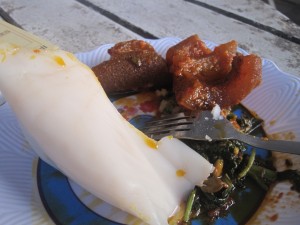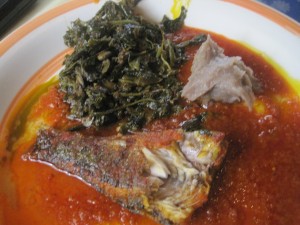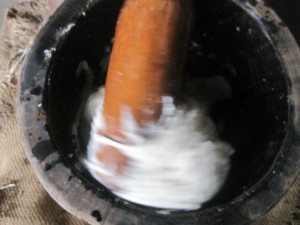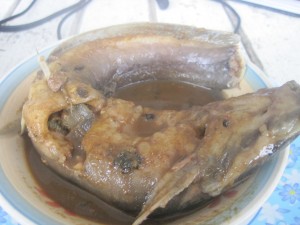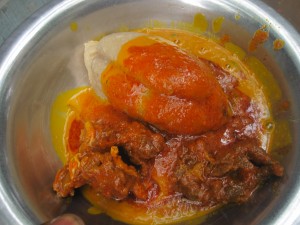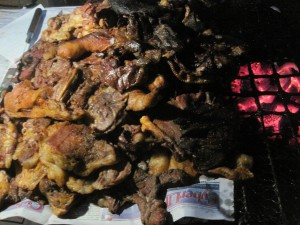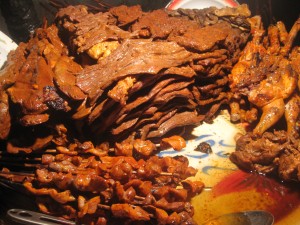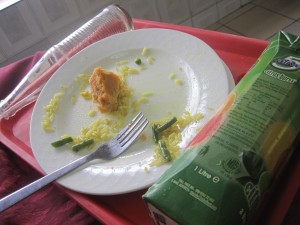My internet is gone crazy. Or is it Google Chrome? When I try to open a page, it takes forever and then takes me to an error page written in Turkish. Terrible, I tell you. I spent the whole of yesterday battling with my internet, trying to either upload a picture or leave a comment on a blog. I didn’t succeed. At this rate, I might not catch up with my scheduled number of posts per month. And this is a source of worry, not because I’ve never used slow internet before – after all, I grew up here when there was no internet at all, and I first used the internet on my own in 1999 – but because it doesn’t make much sense to pay as much as we do here in the country for internet access, and get so little back. Twenty-four hour internet connection costs $100, and it is barely half as fast as it is in some other parts of the world where they pay much less. There’s something wrong somewhere, and something should be done about it. Business opportunity, anyone?
I spent last Sunday in the town of Badagry examining original relics of the slave trade. It was a moving experience, much like my visit to the burial place of Abraham Lincoln. There is much to tell you here, and I will in my next post. I just need to let you know that I have not forgotten you or my promise to keep you updated about everywhere I go. I got a (hopefully summer) job at my old University. I’ve been invited to work with a flagship internation exchange programme where Americans come and spend some time in the University learning, teaching and touring – much like the Fulbright exchange. But this one is not sponsored by the Fulbright, and it only involves Americans coming here. I’m considering the offer, and I might return to Ibadan as soon as possible to check it out, but I’m only going to take it if it gives me the needed freedom to still be able to move around. If I have to sit in one place for more than four hours in one day, I might go crazy.
The result of the blog awards turned out a surprise, but not a bad one. I have now regained my rights to a sound sleep after all the excitement of the past week and all the campaign to all known and unknown persons to “please vote for my blog, and do it now.” But it was fun, and worth the effort, and I can say that a blog less than a year old got such an unprecedented eleven nominations. For the rest, which was determined by election, I’ll take away a lesson that I should never ever become a politician, no matter how juicy the offer or how loud the ovation. This is not a recent decision though. So I congratulate the winners in all categories, and give a special standing ovation to all the other wonderful nominees many of who deserved to win even more than myself. It turned out that friends who saw the result before me were even more disappointed than I could ever have been. Let me say to them, “Come on, relax. I was joking when I said that the winner gets to be Nigeria’s president for a day.” 😉
Finally, I had a wonderful interview with one of the editors of African Roar, author from Zimbabwe, Ivor Hartmann over the weekend. I am now editing it for the news outlets and literary journals willing to publish it. It was one of the most fun conversations I have had with any author, and you should look forward to reading it. I’ll provide a link here as soon as it comes out. Ivor is one of the bright futures of literature in Africa, I have no doubt about it, and you will also see why. More picture posts coming up soon if the internet will allow. Lagos has given my camera sooo much work to do. Hope you have a wonderful week ahead.
